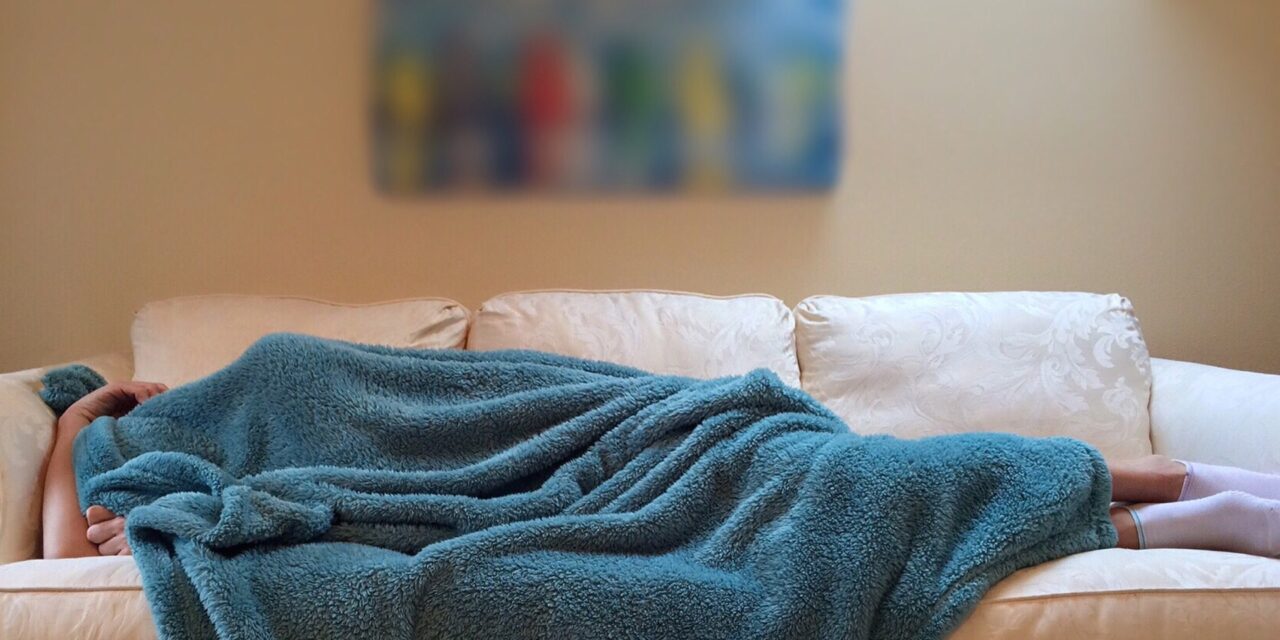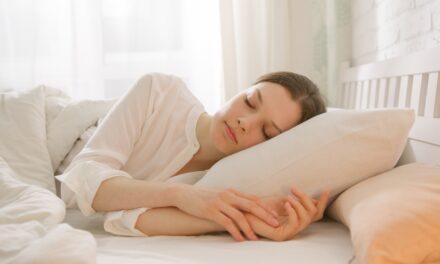It is not uncommon for people to experience fatigue in the late afternoon, but you might be left wondering why you always feel the need to fall asleep between the hours of 3pm and 5pm. This is something that quite a lot of people experience, so know that you are not alone.
Afternoon fatigue can be difficult to combat, especially if you have lots of things that you need to get done, but are lacking the energy to complete the simplest of tasks. Sometimes, it feels like the only thing you can do is go to sleep, but you’ll be glad to know that there are other things that you can do to combat this.
In this article, we are going to be exploring afternoon fatigue, including what it is, how it can make you feel, what could be causing it, and how you can try to prevent it. Just keep reading to find out more.
What to expect from our article
Why Do I Always Need to Fall Asleep Between 3pm and 5pm?
There are lots of things that can contribute towards afternoon fatigue, and it is important to take a look at your sleep, diet, and lifestyle to find out what is causing you to feel this way. Once you find out what is causing it, you can work towards preventing it. Some reasons why you might be experiencing afternoon fatigue are:
Circadian Rhythm Disruption: Circadian rhythm is your body’s method of regulating when you feel awake and when you feel tired. Your sleeping pattern can impact this rhythm, and things like shift work, waking up early or late, and using electronic devices can interrupt this rhythm.
Not getting enough exercise – If you are not moving around during the day, you are much more likely to experience lower energy levels.
Poor diet – If you are eating foods that are full of sugar and carbohydrates, you are likely to experience a blood sugar spike, which can then cause feelings of fatigue and lethargy.
Sleep deprivation – Not getting enough sleep could explain why you are feeling so tired in the afternoon, as it will affect your ability to stay awake and alert throughout the day.
Stress – Feeling stressed can affect your body’s ability to feel awake and refreshed, and it can also negatively impact the amount of sleep that you get in the night.
Your health – If you have certain medical conditions, like an autoimmune disorder, then you might feel more tired than normal throughout the day.
Shift work – When you are working late or irregular hours, it can disrupt your natural sleep cycle and make it difficult to maintain a sleeping schedule.
Common Symptoms of Afternoon Fatigue
If you are feeling the need to fall asleep between the hours of 3pm and 5pm, it is likely that you will experience:
- Frequent yawning and tiredness
- Fatigue and lethargy
- Small changes in your vision
- Muscle weakness or a tingling sensation
- Low mood, irritability, or depression
- Cravings for carbohydrates
- A headache or a stomach ache
How to Overcome Afternoon Fatigue
There are lots of different things that could be causing your afternoon fatigue, but thankfully, there are some things that you can do to prevent feeling so tired in the afternoon. We will list some things for you to try below.
Going Outside
The act of going outside and being exposed to bright light can help to increase how awake you feel. It can often be beneficial to take some time out of your day and appreciate the sunlight for a few minutes. You could also mimic the same thing with bright lighting.
Move Around
Physical activity is beneficial for various different reasons, but moving around during the day can keep you feeling alert. This could be something as simple as getting up and walking around the house for a few minutes.
Drink Water
You should also make sure that you are drinking plenty of water throughout the day, as dehydration is another contributing factor to afternoon fatigue. It is often helpful to always have a bottle or glass of water with you to remind you to drink water.
Eat Healthily
If you want to avoid feeling so tired in the afternoon, you should avoid carb-heavy or sugary lunches that are more likely to make you feel sleepy. Instead, you should eat meals that contain things like fruits, vegetables, whole grains, and fibre, with little to no saturated fat. Protein is always better than carbs, as this will prevent the sleepy feeling that usually comes later.
Get Enough Sleep
One of the best ways to ensure that you feel awake and alert all day is to make sure that you are getting enough sleep. Giving yourself a regular sleeping schedule and routine, going to bed on time, and getting enough sleep can provide you with many health benefits, including eliminating afternoon fatigue.
Try and Avoid Stress
This is something that is often easier said than done, but it is definitely worth giving it a try. Stress is something that can negatively impact your sleep quality and how you feel throughout the day. Finding ways to reduce your stress levels will improve your sleep quality and mood.
Talk to Your Doctor
If you are really concerned about your afternoon fatigue, and you feel like it is severely impacting your ability to concentrate, be productive, or function, then it might be worth talking to your doctor. This can also help to rule out any underlying causes of your fatigue.
How Can I Keep a Healthy Sleep Cycle?
In order to keep a healthy sleep cycle, you will need to try and focus on your routine, and work out how you can improve it to help with your sleep.
Keeping your bedtime roughly the same every night can help your body to understand when you should be going to sleep. The same thing applies to when you wake up in the morning, as your body will learn to understand when it is supposed to wake up. The more consistent you are with when you wake up and go to sleep, the more your body will adjust, making it much easier.
Things that disturb your normal sleeping routine, like alcohol consumption, jet lag, caffeine, and more, will disturb your circadian rhythm and leave you feeling tired the next day. Keeping a regular sleeping pattern and routine is essential for feeling alert and awake throughout the day.
It is also always beneficial to try and create a sleep environment that will help to promote good sleep. One of the best things to do is to keep your room free from electronic devices, and this is because the blue light that emits from your phone or laptop can disrupt your sleeping pattern.
You should also try to be as consistent as possible, as the more strict you are with your routine, the faster your body will learn to understand it. Go to bed at the same time every night, and wake up at the same time every morning.
Your worst enemy is most likely caffeine, and you should avoid this as a method of staying awake throughout the day. This is because it can affect your sleep, and even take up to 10 hours to completely leave your system. Try to avoid caffeine in the afternoon to give you that extra boost, and your body will thank you for it in the long run. Instead, why not opt for a herbal or fruit tea?
You should also try to tailor your sleeping environment to things that make you feel calm, relaxed, and comfortable. You might be surprised at how much a comfortable mattress and set of bedding can do wonders for your sleep. Try to make your bedroom a calm and relaxing environment, and avoid bright lights during the evening. Instead, opt for a lamp with warmer lights.














